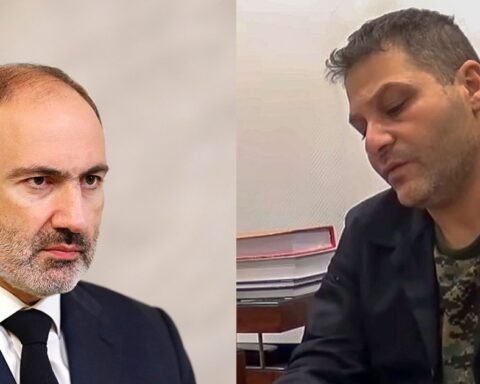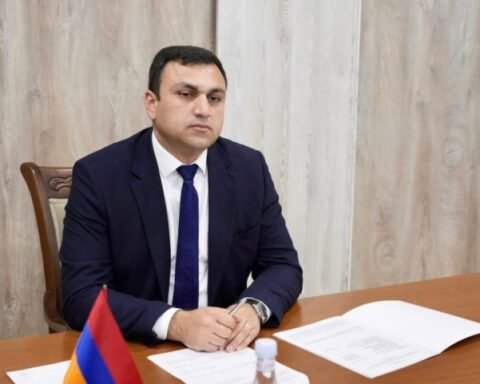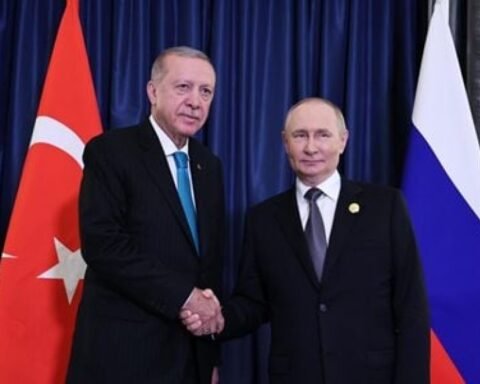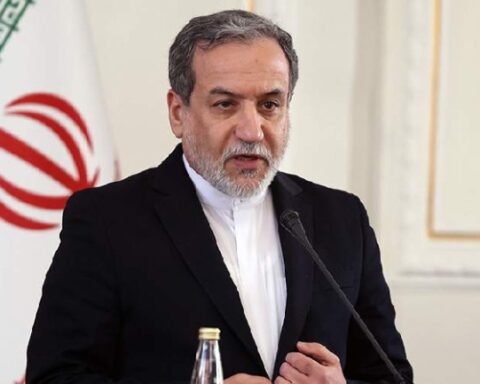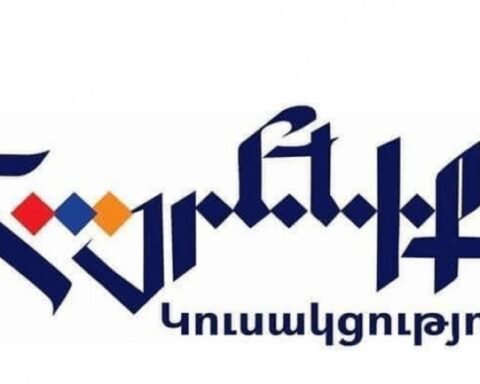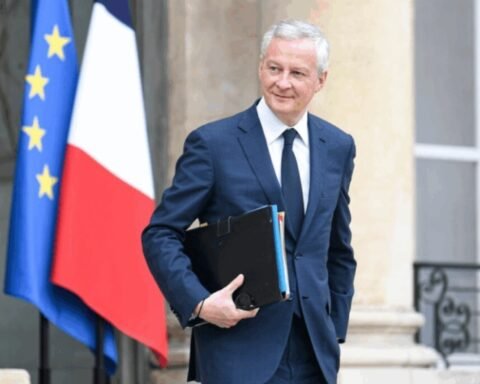Conflicting narratives have emerged between Yerevan and Baku regarding the outcomes of recent Washington discussions, creating uncertainty about regional transport arrangements.
Official statements from both capitals appear contradictory on the status of transportation corridors. Baku’s representatives have claimed acceptance of their proposal for unimpeded road access to Nakhchivan, framing this as a diplomatic achievement. Meanwhile, Armenian officials have emphasized that any transport solutions must fully respect territorial integrity and jurisdictional authority.
The situation raises critical questions about border management protocols. Should any transportation route operate outside standard border control procedures, this would represent a significant compromise of national sovereignty. Alternatively, if such claims prove unfounded, they may constitute strategic positioning designed to influence international perceptions.
Transparency concerns have been highlighted by the absence of publicly available documentation from the Washington meetings. The continued confidentiality of negotiated agreements lends credibility to competing interpretations and fuels public apprehension.
These developments underscore the necessity for open disclosure and thorough public scrutiny of agreements affecting national interests. Decisions of such magnitude require comprehensive oversight and cannot be determined through closed-door processes alone.




